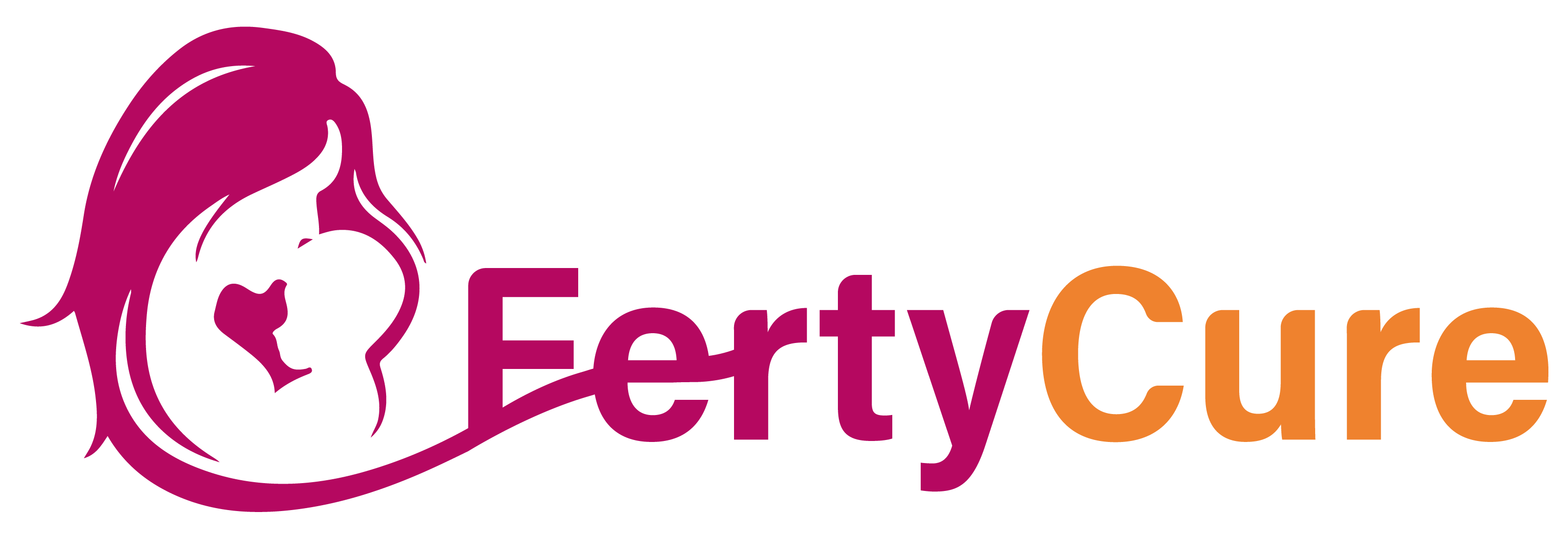Table of Contents
Success Rate of IVF in Ethiopia and India
Infertility is a common problem that affects many couples around the world. According to the World Health Organization (WHO), infertility is defined as the inability to conceive after 12 months of regular unprotected sexual intercourse. Infertility can have various causes, such as hormonal imbalances, genetic disorders, infections, anatomical abnormalities, lifestyle factors, and age.
Must Read: Exploring Female Infertility Treatment in India

Fortunately, there are several options available for couples who want to have a baby but face infertility issues. One of the most popular and effective options is IVF, or in vitro fertilization. IVF is a type of assisted reproductive technology (ART) that involves fertilizing an egg with a sperm outside the body, in a laboratory, and then transferring the resulting embryo into the uterus.
IVF can help couples who face infertility issues due to various reasons, such as blocked fallopian tubes, low sperm count, endometriosis, or advanced age.
However, IVF is not a guaranteed procedure. It does not always result in a successful pregnancy or a healthy baby. The success rate of IVF depends on several factors, such as the age of the patient, the quality of the eggs and sperm, the number of embryos transferred, the type of treatment, and the clinic chosen.
In this article, we will compare the success rate of IVF in two countries: Ethiopia and India. These two countries are among the top destinations for medical tourism, especially for IVF treatment, due to their low cost, high quality, and availability of services. We will also provide you with some tips on how to choose the best IVF Centre in Ethiopia and India, and how to improve your chances of success with IVF.
What is the success rate of IVF in Ethiopia and India?

The success rate of IVF in Ethiopia and India can vary depending on several factors, such as the type of treatment, the number of cycles required, and the individual needs of each patient. However, according to the web search results, the average success rate of IVF in Ethiopia is around 30% to 40%, while the average success rate of IVF Treatment in India is around 45% to 75%.
This means that out of 100 couples who undergo IVF treatment in Ethiopia, around 30 to 40 of them will achieve a positive pregnancy test, while out of 100 couples who undergo IVF treatment in India, around 45 to 75 of them will achieve a positive pregnancy test.
However, this is only an approximate figure, and the actual success rate may differ depending on the specific clinic and the treatment plan. Some clinics may have higher or lower success rates than others, depending on their experience, expertise, facilities, and protocols. Therefore, it is important to do thorough research and compare the success rates of different clinics before choosing the best one for your needs.
Some of the factors that affect the success rate of IVF in Ethiopia and India are:
Age of the patient:
The age of the patient is one of the most important factors that affect the success rate of IVF. As the patient gets older, the quality and quantity of the eggs and sperm decline, making it harder to conceive with IVF. According to the Scientific sources , the success rate of IVF in Ethiopia and India decreases with the increase in the age of the patient.
For example, the success rate of IVF with self-eggs in Ethiopia is around 50% for women under 35 years, around 40% for women between 35 and 40 years, and around 30% for women over 40 years, while the success rate of IVF with self-eggs in India is around 60% for women under 35 years, around 50% for women between 35 and 40 years, and around 40% for women over 40 years.
Quality of the eggs and sperm:
The quality of the eggs and sperm is another crucial factor that affects the success rate of IVF. The quality of the eggs and sperm depends on various factors, such as the genetic makeup, the hormonal levels, the lifestyle habits, and the environmental factors.
The quality of the eggs and sperm determines the ability of the gametes to fertilize and develop into healthy embryos. According to the web search results, the success rate of IVF in Ethiopia and India increases with the use of donor eggs or sperm, as they are usually of higher quality than the patient’s own gametes.
For example, the success rate of IVF with donor eggs in Ethiopia is around 40% to 50%, while the success rate of IVF with donor eggs in India is around 60% to 85%, while the success rate of IVF with donor sperm in Ethiopia is around 50% to 65%, while the success rate of IVF with donor sperm in India is around 65% to 85%.
Number of embryos transferred:
The number of embryos transferred is another significant factor that affects the success rate of IVF. The number of embryos transferred depends on various factors, such as the age of the patient, the quality of the embryos, the type of treatment, and the legal and ethical regulations.
The number of embryos transferred determines the chances of implantation and pregnancy, as well as the risks of multiple pregnancies and complications.
According to the web search results, the success rate of IVF in Ethiopia and India increases with the increase in the number of embryos transferred, but so does the risk of multiple pregnancies and complications.
For example, the success rate of IVF with two embryos transferred in Ethiopia is around 40% to 50%, while the success rate of IVF with two embryos transferred in India is around 60% to 70%, while the success rate of IVF with three embryos transferred in Ethiopia is around 50% to 60%, while the success rate of IVF with three embryos transferred in India is around 70% to 80%.
However, the risk of multiple pregnancies and complications also increases with the increase in the number of embryos transferred, which can pose health risks for the mother and the babies.
Type of treatment:
The type of treatment is another important factor that affects the success rate of IVF. The type of treatment depends on various factors, such as the cause of infertility, the availability of the treatments, and the preference of the patient. The type of treatment determines the complexity and the cost of IVF, as well as the chances of success and complications.
According to the web search results, the success rate of IVF in Ethiopia and India varies with the type of treatment, such as IVF with self-eggs, IVF with self-sperm, IVF with donor eggs, IVF with donor sperm, IVF with ICSI, IVF with PGD, IVF with PGS, IVF with surrogacy, and more.
For example, the success rate of IVF with ICSI in Ethiopia is around 45% to 55%, while the success rate of IVF with ICSI in India is around 65% to 75%, while the success rate of IVF with PGD in Ethiopia is around 50% to 60%, while the success rate of IVF with PGD in India is around 70% to 80%.
Clinic chosen:
The clinic chosen is another vital factor that affects the success rate of IVF. The clinic chosen depends on various factors, such as the reputation, the experience, the expertise, the facilities, and the protocols of the clinic. The clinic chosen determines the quality and the safety of the services, as well as the satisfaction and the support of the patient.
According to the web search results, the success rate of IVF in Ethiopia and India differs with the clinic chosen, as some clinics may have higher or lower success rates than others, depending on their standards and practices.
Therefore, it is important to do thorough research and compare the success rates of different clinics before choosing the best one for your needs.
How to choose the best IVF centre in Ethiopia and India?
Choosing the best IVF centre in Ethiopia and India can be a challenging task, as there are many factors to consider and many options to choose from. However, there are some tips that can help you to make an informed decision and find the best IVF centre for your needs. Here are some of the tips:
Do your research:
Before you choose an IVF centre, you should do some research on the internet, read reviews, testimonials, and feedback from previous patients, and compare the success rates, the cost, the quality, and the availability of the services of different clinics.
You can also consult with your doctor, your friends, your family, or your acquaintances who have undergone IVF treatment and ask for their recommendations and experiences. You should also check the accreditation, the certification, and the registration of the clinic, as well as the qualifications, the credentials

